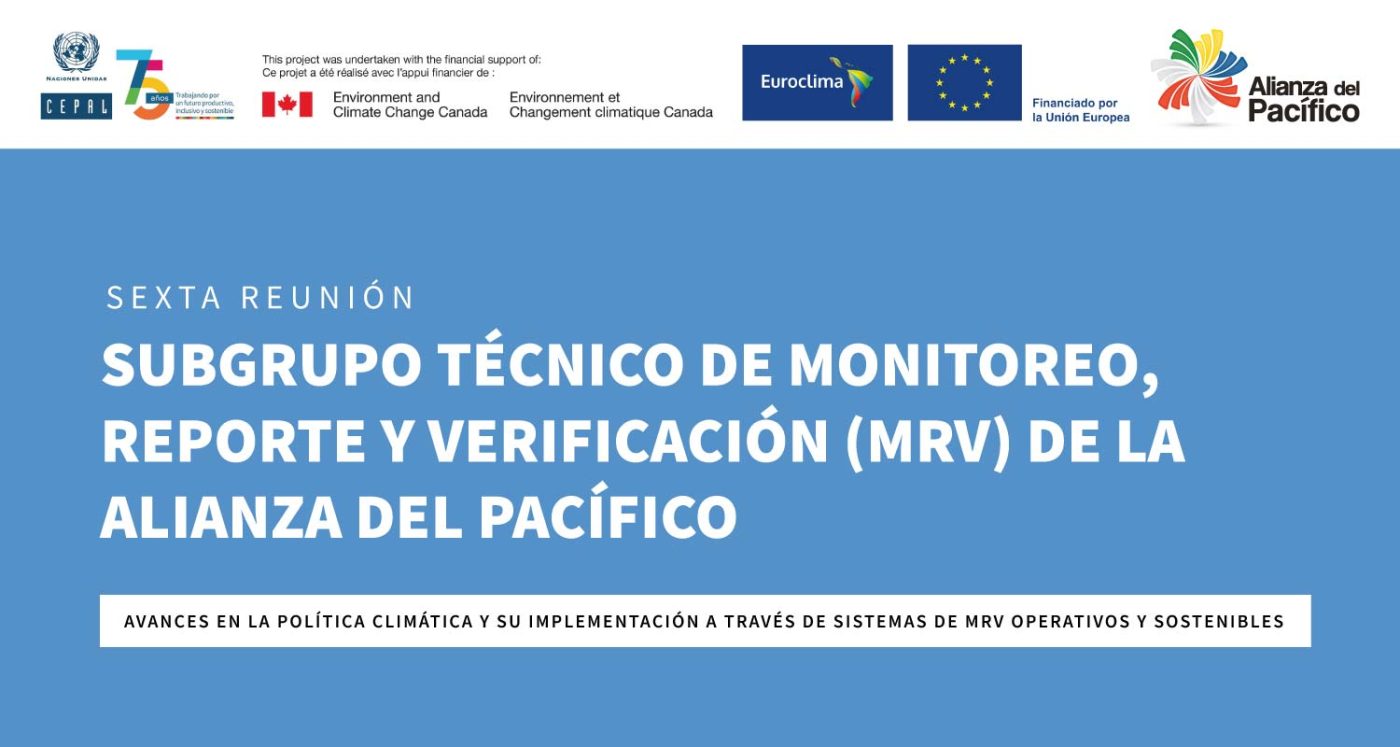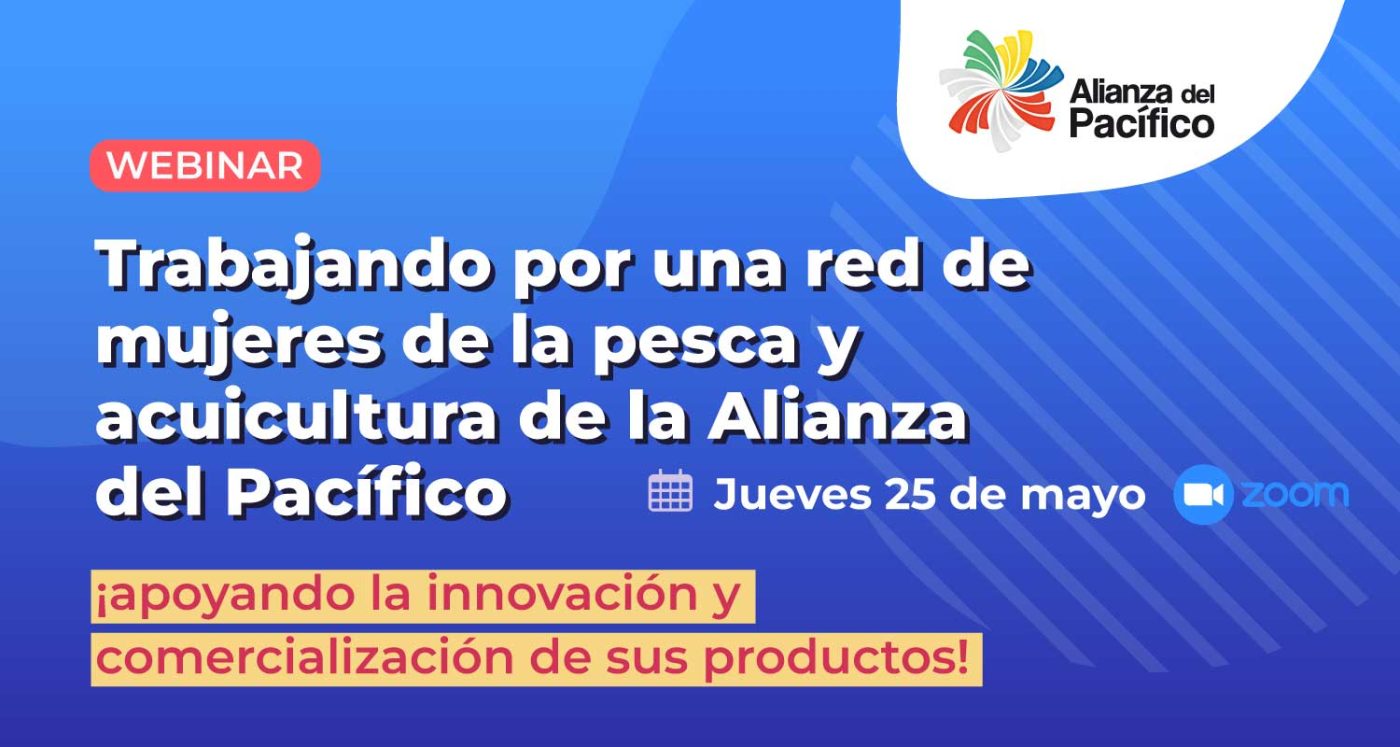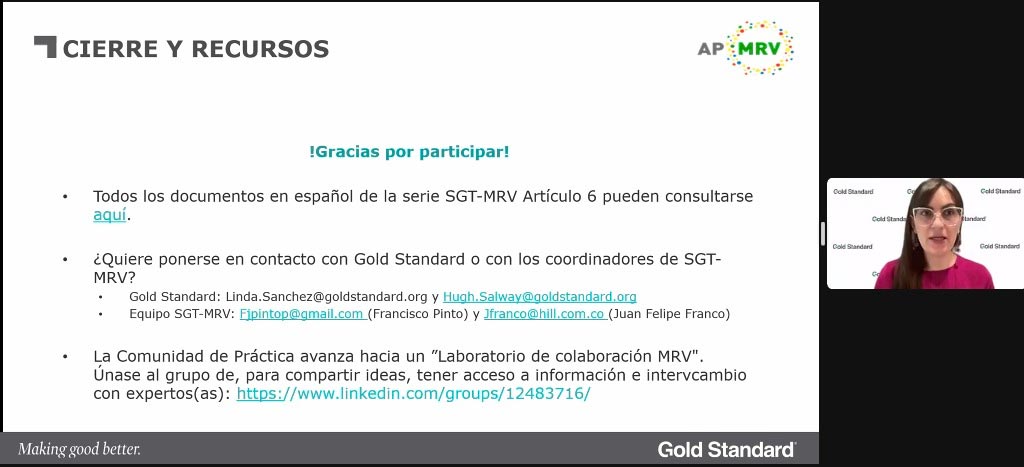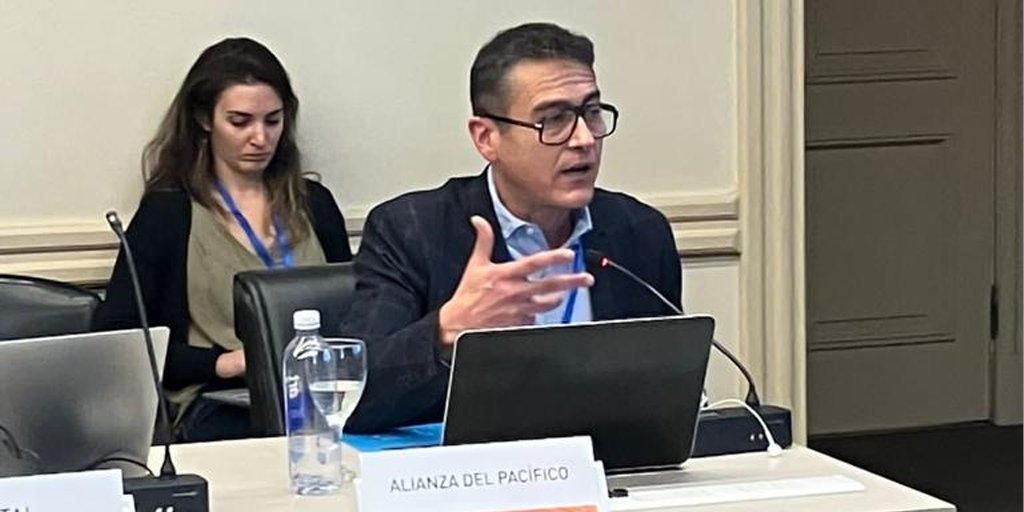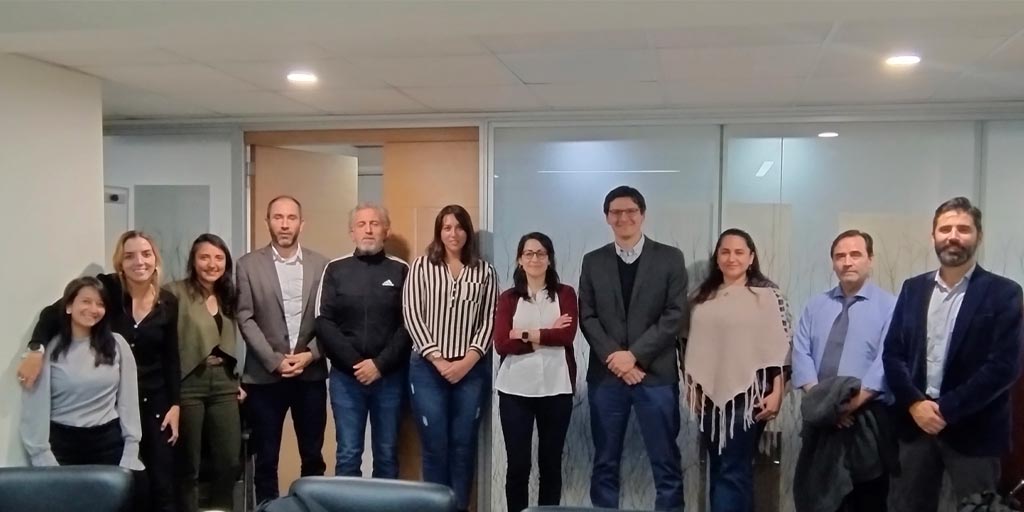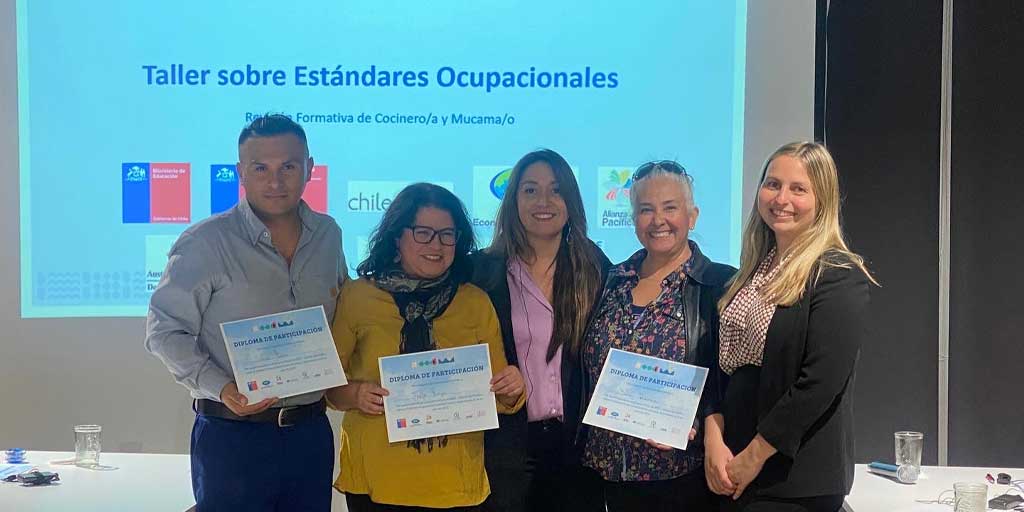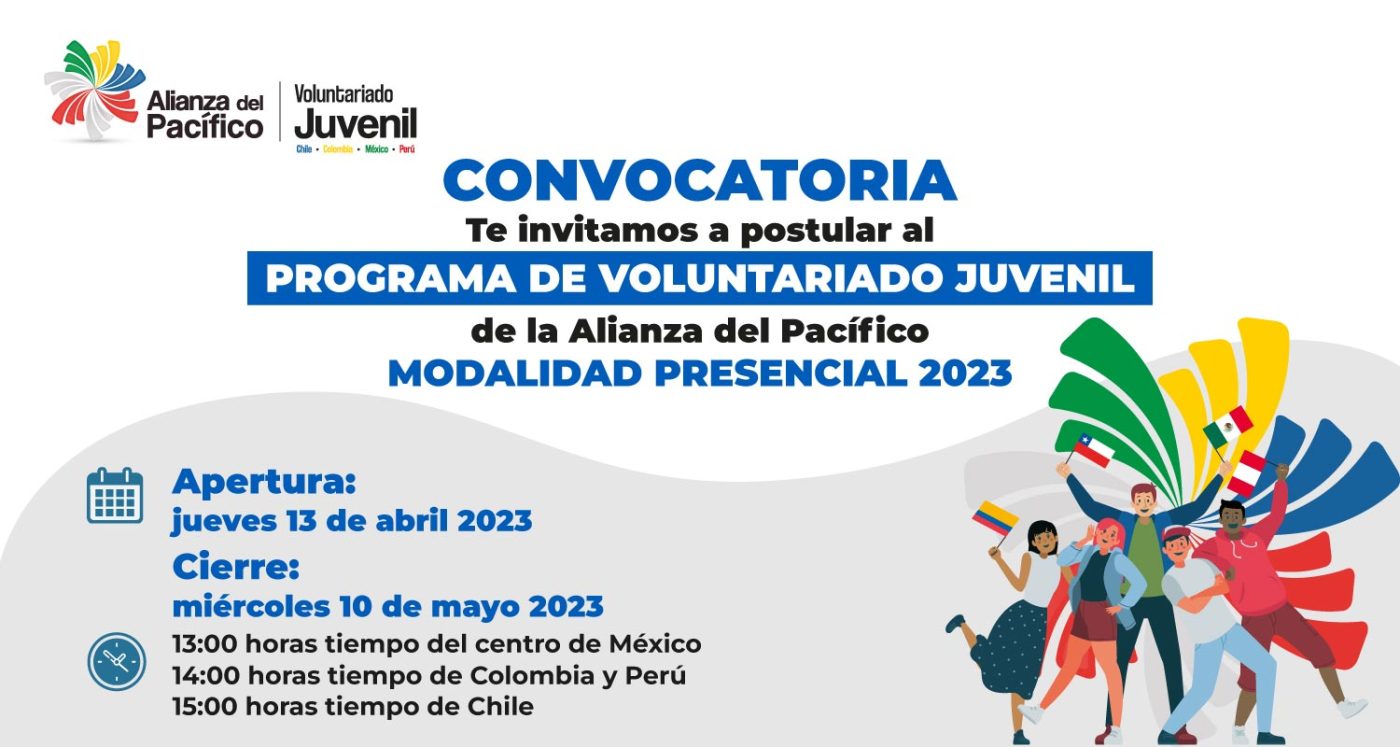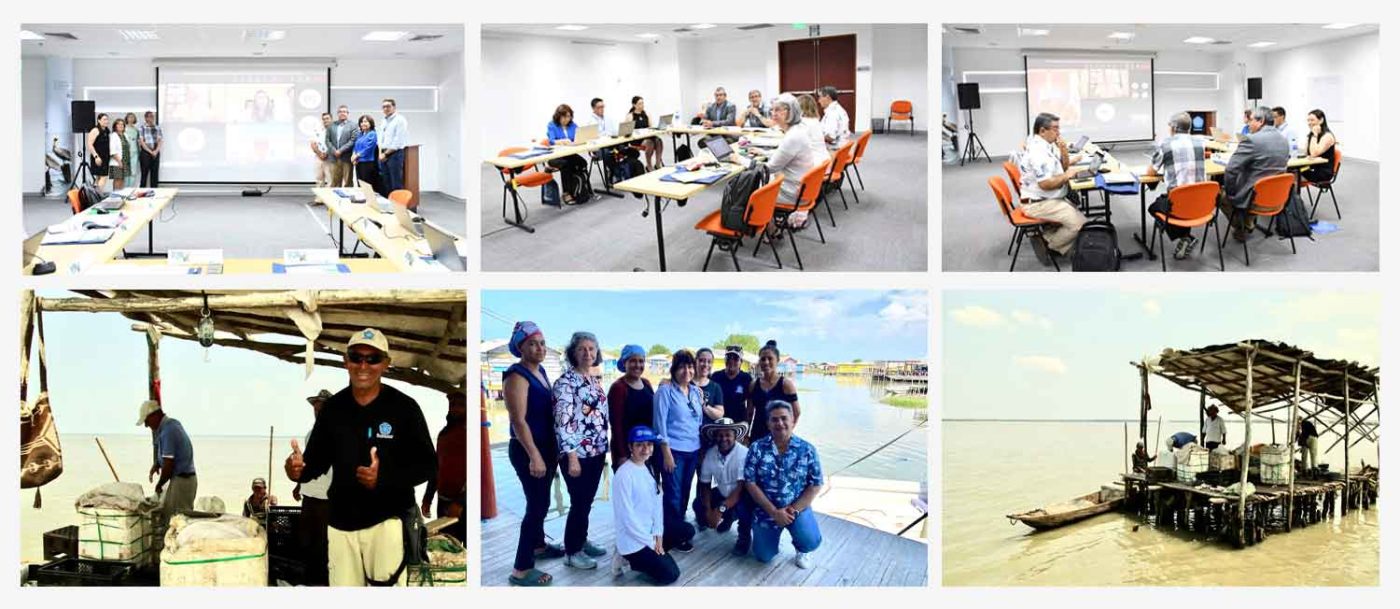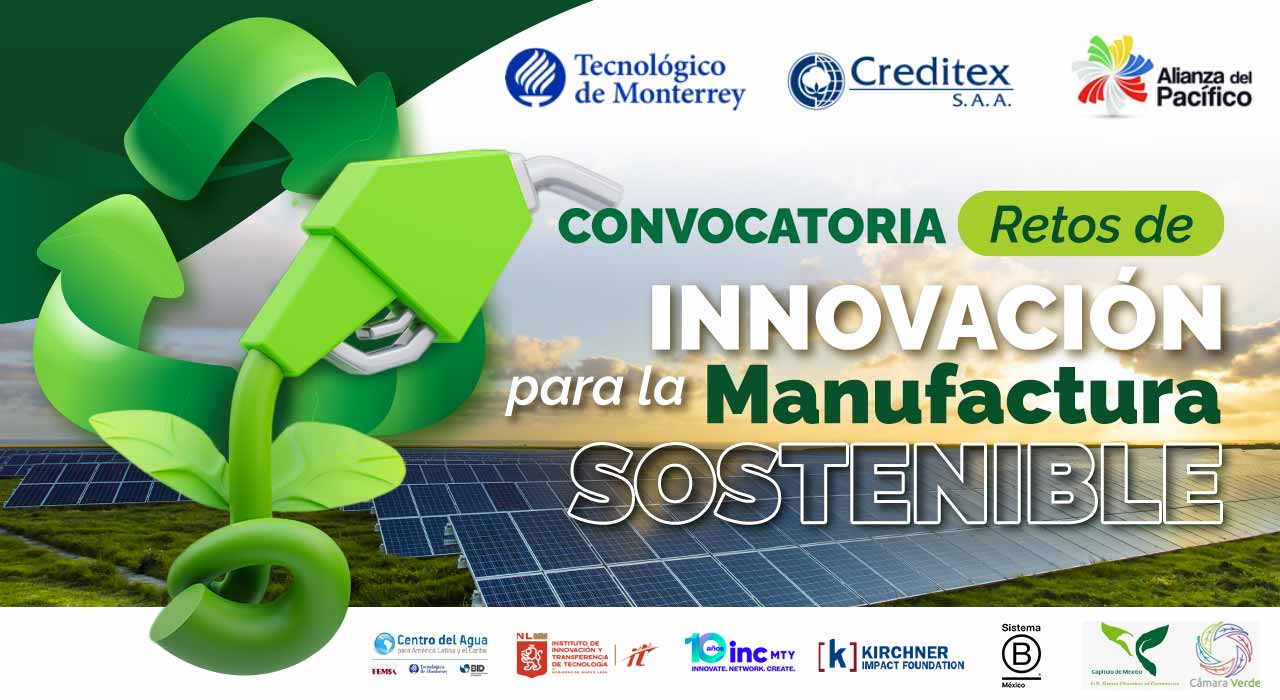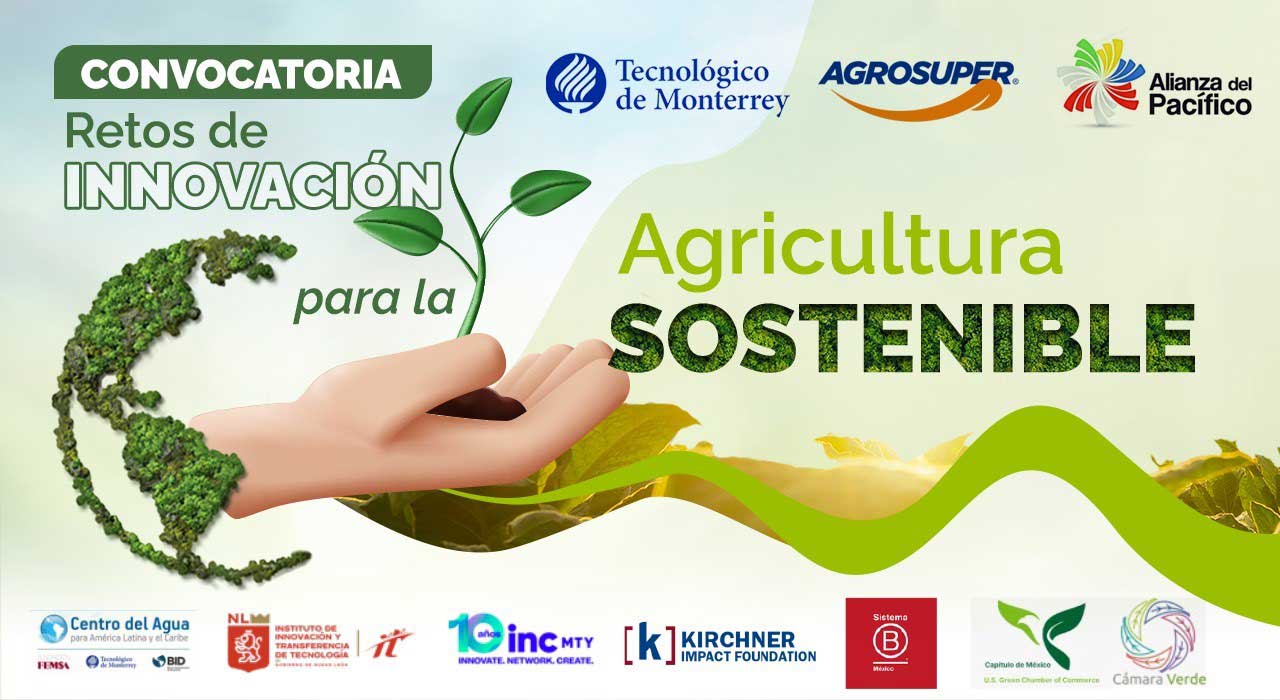April 13, 2023.- From April 13 to May 10, the call for the Youth Volunteer Program of the Pacific Alliance 2023 will be open in face-to-face mode. This initiative, coordinated within the framework of the Technical Cooperation Group (GTC) of the integration mechanism and the institutions responsible for youth or volunteering in the four countries (focal points), seeks that young people between the ages of 18 and 29 from the four countries, contribute to overcoming the challenges of the region, through volunteer projects.
Participation in this Program provides an enriching social and cultural exchange experience between young people from Chile, Colombia, Mexico and Peru, in which significant links are created and proposals for change are built in the face of social and environmental problems that affect the region.
In 2023, the Pacific Alliance Youth Volunteer Program will resume face-to-face volunteer actions focused on strengthening the participation of young people to face regional challenges, including those derived from the COVID-19 pandemic.
With this type of activities, the Pacific Alliance promotes the formation of solidarity behaviors in young people, which have a positive impact on society, considering that young people are key actors of social change.
Below you can check the characteristics of the profiles to participate in volunteer projects for each country. Young people between the ages of 18 and 29 from the member countries of the Pacific Alliance, residing in their country of origin, can apply. No more than one application per person will be accepted.
To learn more about this call, click here.
CHILE:
The general objective of the project “Youth, Feminism and Memory” is to contribute to the integration of young people from the countries of the Pacific Alliance through an experiential training experience that strengthens advocacy skills and the developing of projects with a gender approach that seeks to relieve the historical memory of social leaders in the last 50 years.
This is achieved through the following specific objectives:
-
Learning about the experience of different women leaders who have contributed to political and social advocacy in the student, community, labor, climate change and sustainable development spheres.
The profile of the volunteer is:
-
That they participate in feminist, environmental, sustainable development, cultural and/or human rights-related activism and/or volunteer initiatives.
-
Interest in participating in a process of training, reflection and voluntary action that will provide knowledge and facilitate the development of skills for activism with a gender perspective and as a strategy to relieve the historical memory of women leaders in different fields such as culture, politics, work and community participation, among others.
-
Know and accept the conditions to participate, be motivated to learn, share with other people and willing to contribute to the good climate of the group in the virtual and face-to-face preparation phase of the program.
To learn more about this call, click here.
COLOMBIA:
Within the framework of the Pacific Alliance, the National Government, through the Presidential Council for Youth-Colombia Joven-, promotes the call for Environmental Volunteers “Youth Weaving Agroecologies for Peace 2023”, which will be developed again in face-to-face mode, after several virtual versions, as a youth exchange experience for the strengthening of agroecological practices and adaptation to climate change in Colombia, as well as the conservation of the natural and cultural heritage of the region, allowing the consolidation of a network of trust and solidarity between the youth of Mexico, Peru, Chile and Colombia.
The general objective of the project “Youth Weaving Agroecologies for Peace” is to strengthen experiences among young people through a volunteer program and cultural exchange for the design and development of agroecological practices with a focus on food sovereignty, adaptation to climate change and peacebuilding.
Specific objectives
-
Training young volunteers theoretically and practically through participatory and diverse training processes on issues related to environmental protection, agroecological production, climate change and peacebuilding.
-
Developing significant practices in community work, making the garden a living classroom for the co-construction and dialogue of knowledge between rural and urban communities, intergenerational and intercultural dialogues.
-
Consolidating a network of trust and solidarity among the young people of Mexico, Colombia, Peru and Chile, for the promotion of agroecological practices and the conservation of the natural and cultural heritage of the region.
The profile of the volunteer is:
-
Having professional, university, technical, associative or community fabric experience in one of the related areas:
“Agroecology, agronomy, social work, agriculture, agricultural engineering, biology, bioconstruction, cleaning and sowing of plants, monitoring, care and maintenance of seedlings, trees and shrubs, zootechnics, veterinary medicine, water systems, health, nutrition, popular education, market, marketing, manufacturing of agricultural products, design, digital marketing, community manager, web design, art for the development of the social fabric.”
To learn more about this call, click here.
MEXICO:
The general objective of the Mexico project “Young Will of Youth and Chinampas” is to contribute to the strengthening of regional integration within the framework of the Pacific Alliance, through the following specific objectives:
-
Strengthening the actions of young people around the protection of the environment and mitigation of climate change, through agricultural activities, cooking and traditional medicine and cultural exchange.
-
Expanding the opportunities and tools to strengthen the participation of young people from the Youth Volunteers of the Pacific Alliance in an environment of friendship, cultural exchange, productive and supportive coexistence.
The profile of the volunteer is:
-
- Nature,
- Sowing
- Elaboration of traditional foods
- Traditional medicine
- Playing musical instruments
To learn all about the requirements and details of this call, click here.
PERU:
The general objective of the project “A-Gente de Cambio: Promotion of mental health in adolescents and their community” is to contribute to the strengthening of regional integration within the framework of the Pacific Alliance through a volunteer project that promotes health adolescents in vulnerable situations from a community approach, through the following specific objectives:
The profile of the volunteer is:
-
With training in social areas, health, psychology, education, communication, arts, sports, recreation and others that are linked to the project.
-
With experience in mental health promotion, community work or facilitation (face-to-face or virtual) of participatory, playful, experiential or artistic techniques with adolescents, or management of Information and Communication Technologies (ICT) for education and community work.
To learn more about this call, click here.
To consult the general regulations of the call, click here.
To access the application form, click here.

